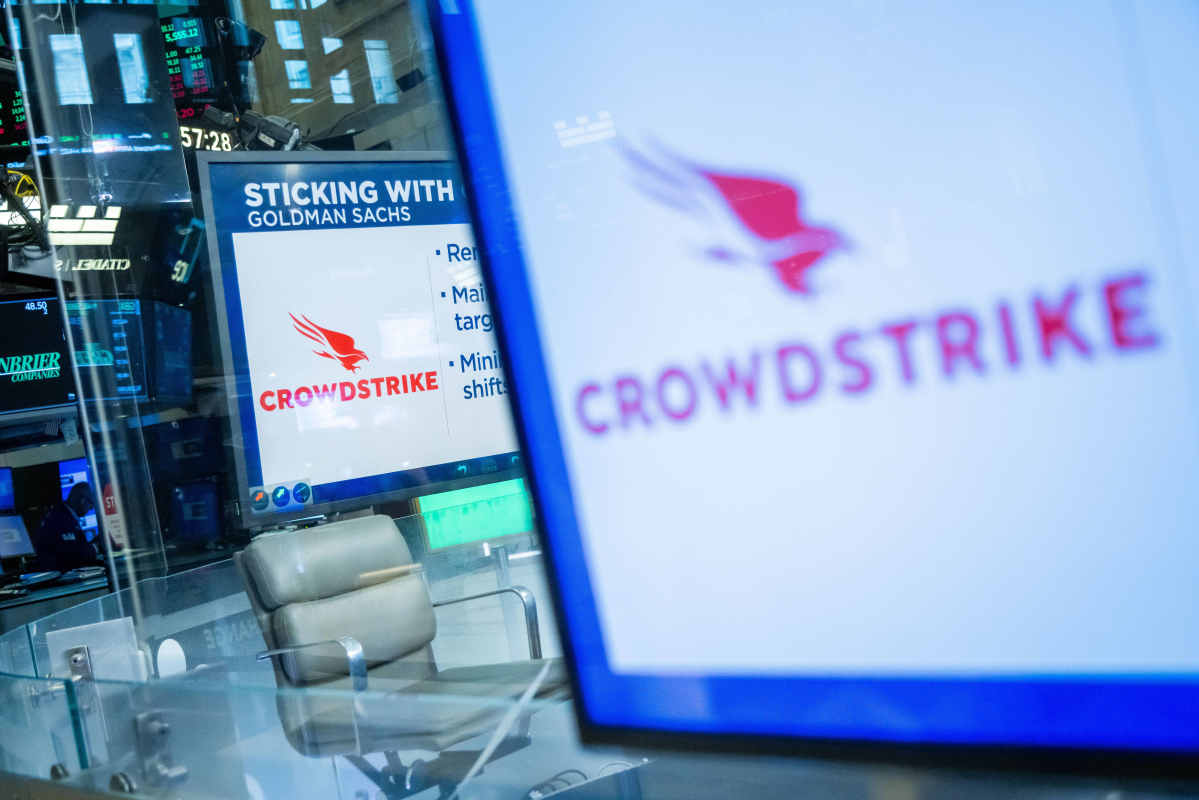Needless to say, every time Amazon Web Services sneezes, the internet ends up catching the flu.
That was exactly the scene on Oct. 20, when AWS’s crucial US-EAST-1 region led to more than just a DNS automation bug, and the fallout was instant.
Over 141 AWS services went offline, crippling a myriad of apps across the globe, including the likes of Fortnite, Alexa, and Snapchat.
According to Downdetector, users logged a whopping 6.5 million reports as more than 1,000 companies scrambled to stay online. A study from New Relic estimates the median outage cost for big businesses in digital amounted to over $2 million per hour.
Spread out over a 15-hour period, that’s $33 million in median losses for just a single major SaaS player. Multiplying that across AWS’s colossal customer base, and you’re talking billions in lost sales.
However, beyond all the headlines, there’s a deeper question of how much of that chaos stemmed from the growing complexity of AI-driven automation.
The systems intended to make cloud infrastructure smarter are also making it harder to control.
Now, CrowdStrike (CRWD) CEO George Kurtz has just weighed in with a blunt, unexpected take on AI’s future, and why it’s not what everyone’s assuming.

Photo by Bloomberg on Getty Images
CEO George Kurtz says AI still needs software, especially after latest AWS stumble
CrowdStrike CEO George Kurtz isn’t buying into the growing Silicon Valley mantra that AI will make software obsolete.
In a detailed conversation with CNBC’sJim Cramer, Kurtz stated that AI and software are inseparable in many ways and are unlikely to function independently of each other.
More Tech Stocks:
- Senior analyst lifts Palantir stock price target with a catch
- Nvidia just scored a massive AI win, but CEO Huang has regrets
- Apple’s iPhone 17 story just took an unexpected turn
- Analysts revamp Salesforce stock forecast after key meeting
“You need software to protect AI, and they’re interrelated,” Kurtz said, stating that the thought of AI replacing software misses the bigger picture. The recent AWS outage, which sent shockwaves down the tech space, underscores his point.
“When you look at how interconnected everything is, these sorts of events happen,” he said. “They recovered from it and learned from it.” However, for Kurtz, the lesson is a lot broader, where essentially automation breeds complexity, and that level of complexity demands even stronger layers of protection.
Related: Google CEO drops bombshell quantum computing breakthrough
A big part of CrowdStrike’s mission is linked to defending agentic AI, which is essentially self-directed AI that can act autonomously.
These systems move at “superhuman speed” and introduce new risks. “All of the challenges humans have gotten themselves into over the years are only going to be exacerbated by agentic AI,” he said.
Kurtz feels that AI will only accelerate the need for software, fueling a massive surge in cybersecurity innovation with businesses rushing to safeguard the tools they deploy.
Quick takeaways:
- AI needs software to survive, and is unlikely to replace it, says CrowdStrike CEO George Kurtz.
- The AWS outage proves that even AI-driven systems are reliant on resilient software.
- Agentic AI ups that risk, which demands even stronger cybersecurity defenses.
Cybersecurity’s big moment: winners, numbers, and what’s next
Meanwhile, cybersecurity spending isn’t just holding up; it’s accelerating at a breathtaking pace.
A Gartner report projects an eye-popping $213 billion in global security spend for 2025, up substantially from $193 billion in the year prior, with another 12% pop expected in 2026.
Related: Cathie Wood doubles down on ‘Tesla killer’
Boards are cutting tech budgets, but not in mission-critical areas that involve protecting the cloud, the endpoint, and AI.
CrowdStrike remains the sector’s pure play to beat.
Its latest quarter, Q2 FY26, showed $4.66 billion in annual recurring revenue, up a superb 20% year over year, along with a record free cash flow of $284 million, which is about a 24% margin.
Kurtz hails it a “platform moment,” with Falcon expanding beyond endpoints into identity, cloud, and threat intelligence.
Microsoft still controls the endpoint leaderboard, with a 28.6% market share, but CrowdStrike’s execution keeps it on the radar.
Palo Alto Networks, another diversified heavyweight, is closing in on fiscal 2025 at $9.2 billion in revenue (up 15% year-over-year) and $5.6 billion in next-gen ARR (up 32% year over year).
Meanwhile, Zscaler just struck $3 billion ARR, while Fortinet continues pacing toward $6.8 billion in annual sales, and SentinelOne (S) just zoomed past a $1 billion ARR.
For now, CrowdStrike enjoys bellwether status, which will continue to compound, and the cybersecurity market’s not slowing down.
Related: Netflix cashes in as ‘KPop Demon Hunters’ aims to win holiday season
#Major #cybersecurity #CEO #drops #bombshell